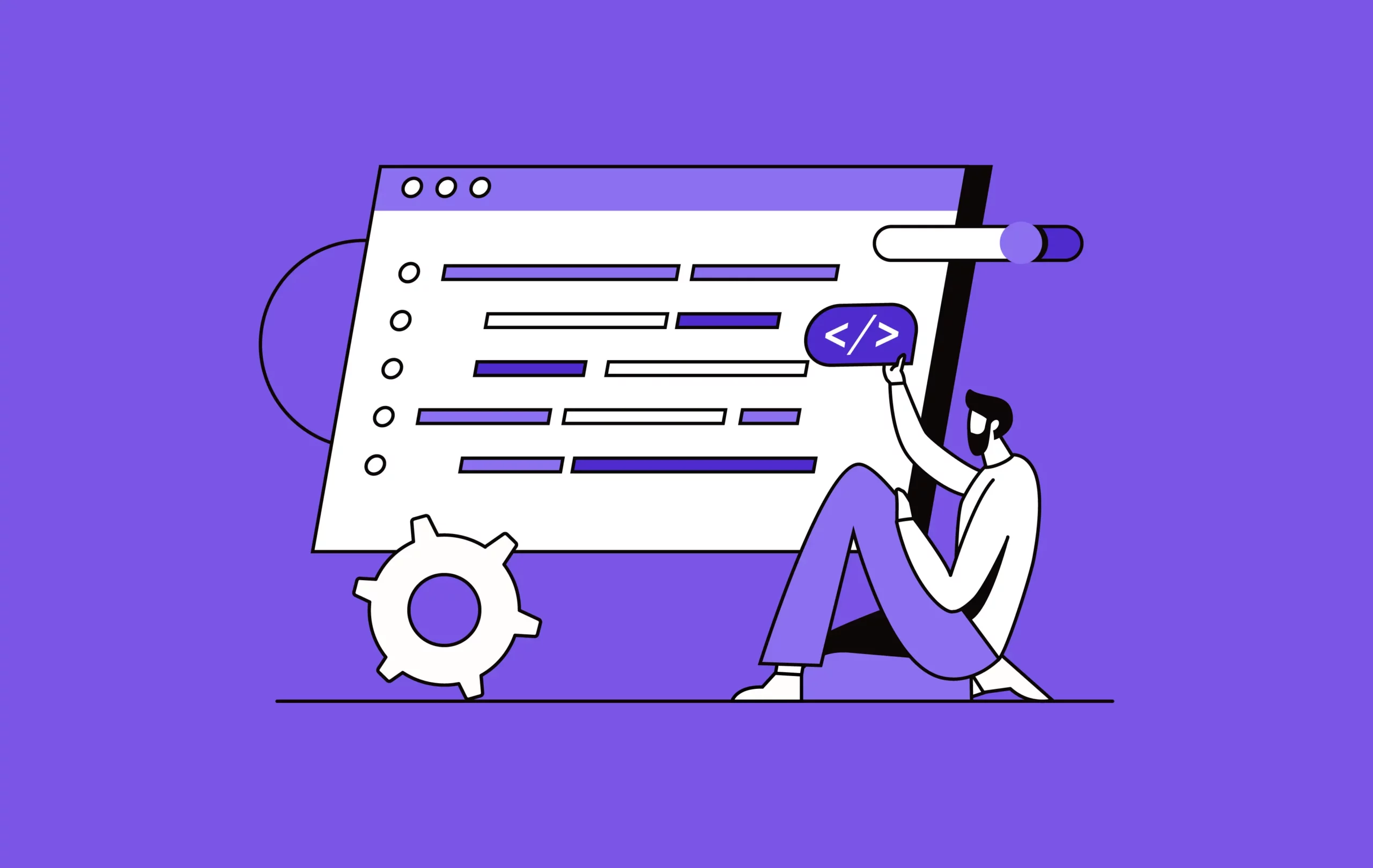- What is DevOps?
- How is DevOps Different From Agile App Development?
- Benefits of Adopting DevOps
- 1. Lowers time to release
- 2. Efficient use of resources
- 3. Eliminate inefficiencies and bottlenecks
- 4. Better feedback
- The 6 Cs of DevOps Adoption
- Continuous planning
- Continuous integration
- Continuous testing
- Continuous monitoring
- Continuous delivery
- Continuous deployment
- How to Implement Mobile DevOps?
- Continuous integration and delivery
- Testing and monitoring
- Quality control
- The ROI of Mobile DevOps
- Enhanced customer experience
- Increased innovation
- Better software quality
- Reduced risk
- Conclusion
- FAQs
The number of smartphone users has surpassed 3 billion and it is estimated to grow by several hundred million in the next few years (Source). With a substantial increase in the number of mobile users and application downloads, it has become evident that the mobile app industry is growing at a steady rate. And it shows absolutely no signs of slowing down in the near future.
Today the global technology landscape is progressing towards more and more disruption but the same cannot be said about the early years of the digital shift.
Years ago when we were navigating the wave of digitalization, the IT industry was focused on meeting the growing demands of the mobile phone market, and businesses were focused on capturing a mobile presence.
As a result, the vital elements of mobile app development such as the app development costs, security, the quality of code, and maintainability were left on the backburner.
The surge has finally settled down and today app development companies have taken the center stage. In this changing landscape, it has become significantly important to focus on the elements that were previously neglected and adapt new methodologies that provide quality solutions with lower costs.
And that is exactly how DevOps comes into the picture.
DevOps for mobile apps development is a modern approach that enables seamless application delivery from inception to production. The features of DevOps break the development-operations barrier and marks the departure from the traditional waterfall approach to agile software development.
What is DevOps?

DevOps is a unique approach that emphasizes effective collaboration between all the stakeholders involved in creating a digital product. It includes project managers, mobile app developers, and members of the operations staff.
While the traditional techniques and approach to software development led to additional development time, costs, and customer dissatisfaction, DevOps bridges the gap between development and operations and overcomes the challenges associated with continuous software delivery.
The idea behind DevOps for mobile app development is to foster a culture of collaboration between teams that previously worked in siloes.
DevOps is not merely an approach, it can be perceived primarily as a culture or a state of mind. It foregrounds a shift in the mindset, improves collaboration, and facilitates tighter integration. It brings together agile, continuous delivery, and automation so that development and operation teams can be more efficient and release software faster and more reliably.
Through DevOps, it has become relatively easy to align business goals and deliver higher value to customers Adopting DevOps for enterprise businesses is highly beneficial. The same can be said for businesses as it brings positive returns on investments.
A study confirms that organizations that implemented DevOps exhibited 63% experience improvement in the quality of their software deployments and 63% were able to release new software more frequently. (Source)
How is DevOps Different From Agile App Development?
DevOps and Agile are widely used terms in mobile app development, and most companies make use of at least one of these practices.
There are different ways in which organizations embrace both agile and DevOps for mobile app development. Some people consider Agile and DevOps to be the same. However, that is not true. There is a considerable difference between agile and DevOps.
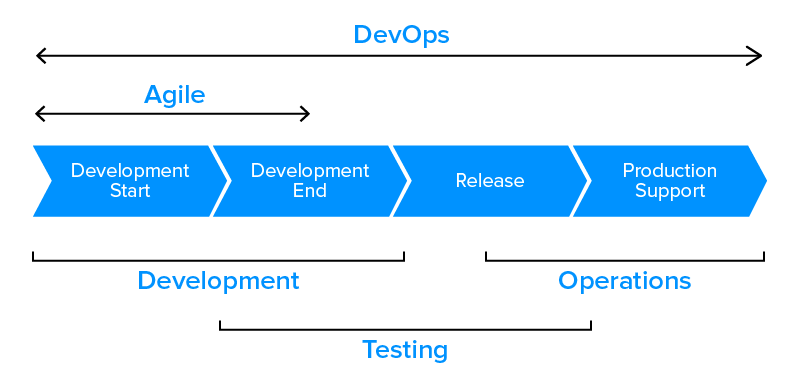
- DevOps is a method of software development that focuses on communication, integration, and collaboration among development and operations to facilitate rapid deployment of products. It is a set of practices that automates the process, aligns teams, and increases an organization’s speed to deliver products and services.
- Agile Methodology emphasizes continuous iteration of development and testing. The agile development process breaks down the product into smaller modules and integrates them for final testing. The agile approach is iterative and incremental in nature and can be implemented in many ways such as Scrum, Kanban, etc.
While the agile approach entails more Scrum meetings and Retrospectives to address gaps in the customer-developer communication, DevOps for mobile app development entails more documentation and specifications to address gaps between development and operations.
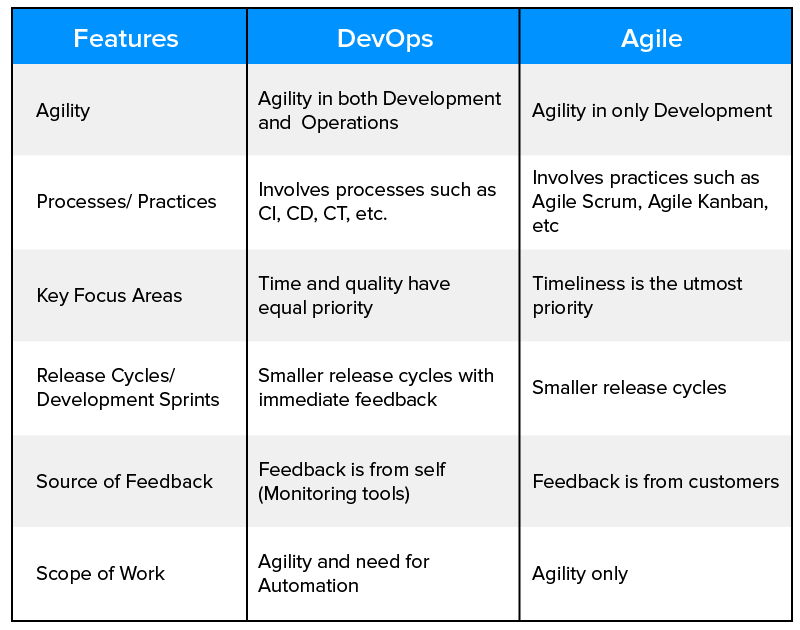
The founding principle of agile is to bring Agility to development while DevOps revolves around bringing agility to both development and operations.

Benefits of Adopting DevOps
DevOps has successfully broken down the barrier and brought development and operations on the same page. Prior to DevOps, developers used to write the complete code first and then send it to the operations team.
The process makes the app development lifecycle efficient. It ensures that responsibilities are distributed equally among different teams and goals are aligned so that each team has clarity about the application performance.
You might also want to explore the DevOpsification journey in Product Engineering.
If you have been wondering why DevOps is ideal for mobile app development, here are the benefits it has to offer:
1. Lowers time to release
DevOps tools for mobile app development enable near real-time collaboration across teams, especially the operations and delivery teams. This, in turn, lowers the time from a design-development perspective. The iterative cycles lead to frequent deployment of codes, testing of regressions, and a faster phase by phase release.
2. Efficient use of resources
New build, fast features’ delivery, and updates can be easily achieved when operations and development teams work seamlessly – something that every mobile app development company in houston following DevOps promises.
Another factor that leads to efficient usage of resources is the heavy use of automation. Right from source code management to the development platforms and testing tools, DevOps relies on automation for enabling instant and frequent releases.
3. Eliminate inefficiencies and bottlenecks
The intent of using DevOps principles is to make processes transparent, efficient, and improve communications. The alignment it offers in terms of tools, processes, and practices plays a role in eliminating several inefficiencies and bottlenecks.
- Manual intervention
- Inconsistent development environment
- Stability and workflow maturity
- Absence of operational practices
- Lack of ownership.
4. Better feedback
One of the prime benefits of DevOps is the ability to get instant reports and feedback. It also gives the stakeholders complete transparency into the development and regression testing process. The transparent offers mobile app development teams a convenient way to troubleshoot the issues speedily, and then fix, refactor and optimize the users’ experience.
In addition these, DevOps a series of other benefits like:
- Enhanced customer experience
- Stable environment for easy deployments
- Better collaboration between teams
- Faster release time
- Faster resolution of bugs and errors
- More time for innovation
- Continuous delivery of software
- Better employee engagement
[Also Read: How to practically implement a DevOps pipeline?]
The 6 Cs of DevOps Adoption
Adopting DevOps for mobile app development entails implementing the six essential elements that tie the whole process together and results in quality solutions.
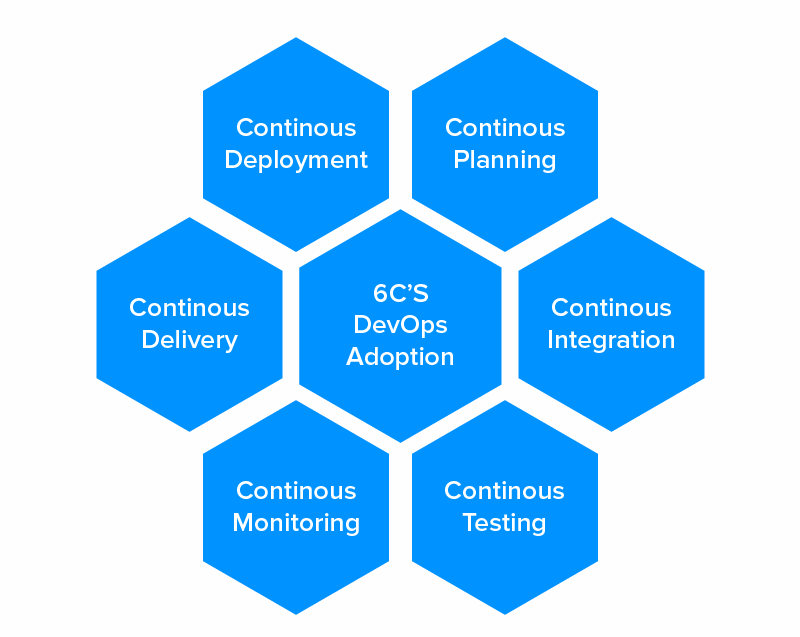
Continuous planning
Continuous planning entails bringing together the entire project team- developers, project managers, business analysts, operations staff, and all other stakeholders to a common platform to define the scope of the application and identify the outcomes and the resources.
Continuous integration
The approach to writing code should be collaborative to ensure that the code written by one team can be seamlessly integrated with that of another. Continuous Integration in DevOps focuses on frequent error-free builds that must be integrated with the last developed code.
Continuous testing
Testing is a crucial part of the app development lifecycle. It helps in identifying bugs and problems with the application early on and ensures that quality products are delivered to the customer.
The primary aim of Continuous Testing is to test early and test often. The benefit of automation testing in DevOps is often talked about. It is an integral part of software development.
Continuous monitoring
DevOps makes it possible for developers to perform more testing and monitoring before the app is deployed to the end user.
Continuous Monitoring helps in identifying and resolving issues. The development process remains stable regardless of the extent of change without any human interaction. This ensures that the app is stable and performs as desired.
Bonus read- How is DevOps dictating a new approach to cloud development
Continuous delivery
Continuous delivery is a practice that entails delivering the software/updates to the production environment in smaller increments in order to ensure that the software can be released at any time.
DevOps in mobile applications make sure that the changes in code are deployed as and when the change is made. The main focus of continuous delivery is to build, test, and release to the customer faster and frequently in shorter cycles.
Continuous deployment
Another key principle of DevOps is continuous deployment. Continuous Deployment is a strategy wherein any code that passes the automated testing phase is released to the production environment automatically.
[Also Read: SRE vs DevOps vs Platform Engineering – A Comparative Analysis for Enterprises]
How to Implement Mobile DevOps?
If you have decided to use mobile DevOps, here are the three fundamental steps that you need to follow:
Continuous integration and delivery
Developers should practice writing code in a manner that can be easily integrated with others. Mobile DevOps workflow should be such that the code written by one team can be seamlessly integrated with the code delivered by another team. The development teams must ensure that all the development assets such as text files, scripts, documents, configuration, and code, are traceable.
With continuous integration, you must ensure continuous delivery as well. This ensures that the product is quickly launched when it is complete. While there is a manual way of doing that, it is important to automate the process when the job becomes too demanding.
Testing and monitoring
The success of a mobile app is determined by a wide range of factors. These factors include the wide range of devices an app has to run on while simultaneously taking into account the devices’ resolution, screen size, functionalities, capabilities, and so on. Testing, therefore, needs to be carried out not only on simulators and emulators but in the real environment. Using an automated testing process improves the process of handling frequent builds, bug identification, and problem-solving.
It is pretty normal for an application to perform well in the test environment but fail in the live environment. Various factors may be correlated with failures, such as network conditions, memory, power, etc.
Thus, it becomes significantly important for developers to ensure continuous performance monitoring by adding third-party SDKs such as logs, crash reports, etc. to determine the cause of failure.
Quality control
Measuring and validating all parts of the code from start to delivery, including any changes that are applied in between, is extremely crucial. Feedback and ratings on the app store should be constantly monitored. It helps in addressing problems and paves the way for future improvements and changes.
The ROI of Mobile DevOps
There are certain mobile DevOps challenges and their implementation may cost you time and money, but the DevOps model benefits are manifold and so are the returns.
Enhanced customer experience
The goal of every company is to provide its customers with better services and products. DevOps creates higher quality apps for consumers through continuous automated testing. It enhances customer experience and satisfaction.
Apps with higher ratings appear higher in app stores and are easy to discover. Testing is essential to release a quality product. Enhancing the test speed helps shorten time to market and deliver a better experience to end-users at the same time.
Also Read: AI-Driven DevOps: Revolutionizing Software Development and Operations
Increased innovation
An organization is truly innovative when it is able to release new products of the highest quality to the market quickly. With DevOps, an organization can respond quickly to both customer feedback and a rapidly changing market.
DevOps for mobile app development ensures that the dev team is able to create and deliver quality applications that have been thoroughly tested to meet the needs of users.
Better software quality
DevOps fosters faster development, more frequent releases, and also results in quality and stable software.
When Agile is coupled with DevOps, it leads to better collaboration and problem-solving. The DevOps approach implies that everything is closely monitored, such as user experience, performance, and security. The result of this scrutiny is robust and stable software.
[Bonus Read: Why Adopting A DevOps Approach Is Crucial For Your Startup Business]
Reduced risk
Although the DevOps and Agile framework welcomes changes and the changes in the development lifecycle are more frequent, these changes or iterations are tested before releasing to the customers. This way, DevOps significantly reduces risks.
Automating the testing ensures that all bugs are identified and fixed prior to the release of the product and that the company does not use its customers as beta testers.
Speaking of reduced risks, explore how automation can be used to ensure security and compliance in business?
Conclusion
The advantages of DevOps are widespread but the result is the same – they can make you a game changer.
At Appinventiv, we use mobile DevOps development to help our clients minimize time-to-market new features while simultaneously capturing new market opportunities.
Implementing DevOps is not an easy process, it entails a lot of strategic, technical, and business decisions, but if adopted successfully, it adds so much value to the organization in terms of increased efficiency and revenue. We feel pride in being the leading DevOps consulting company that can help you get industry-reforming digital products at the back of our DevOps expertise.
FAQs
Q. What are the key principles of DevOps in mobile app development?
A. Continuous integration (CI), continuous delivery (CD), infrastructure as code (IaC), automated testing, and monitoring are the basic principles of DevOps for mobile app development. These principles concentrate on increasing productivity, decreasing mistakes, and guaranteeing seamless mobile app development and deployment.
Q. How does DevOps ensure the security of mobile apps?
A. By incorporating security procedures into the whole development lifecycle, DevOps guarantees the security of mobile apps. This includes deploying automated security tools, regularly testing for security, and implementing secure coding standards. DevOps also highlights how crucial it is for the security, development, and operations teams to collaborate proactively to address security risks.
Q. Can DevOps be used for Android and iOS app development?
A. Yes, DevOps principles can be applied to iOS and Android app development. The secret is to set up a reliable, automated development pipeline that merges code updates, thoroughly tests them, and easily deploys them to both platforms. DevOps for mobile app development makes faster development cycles and better-quality apps for iOS and Android possible.


Excellence Together
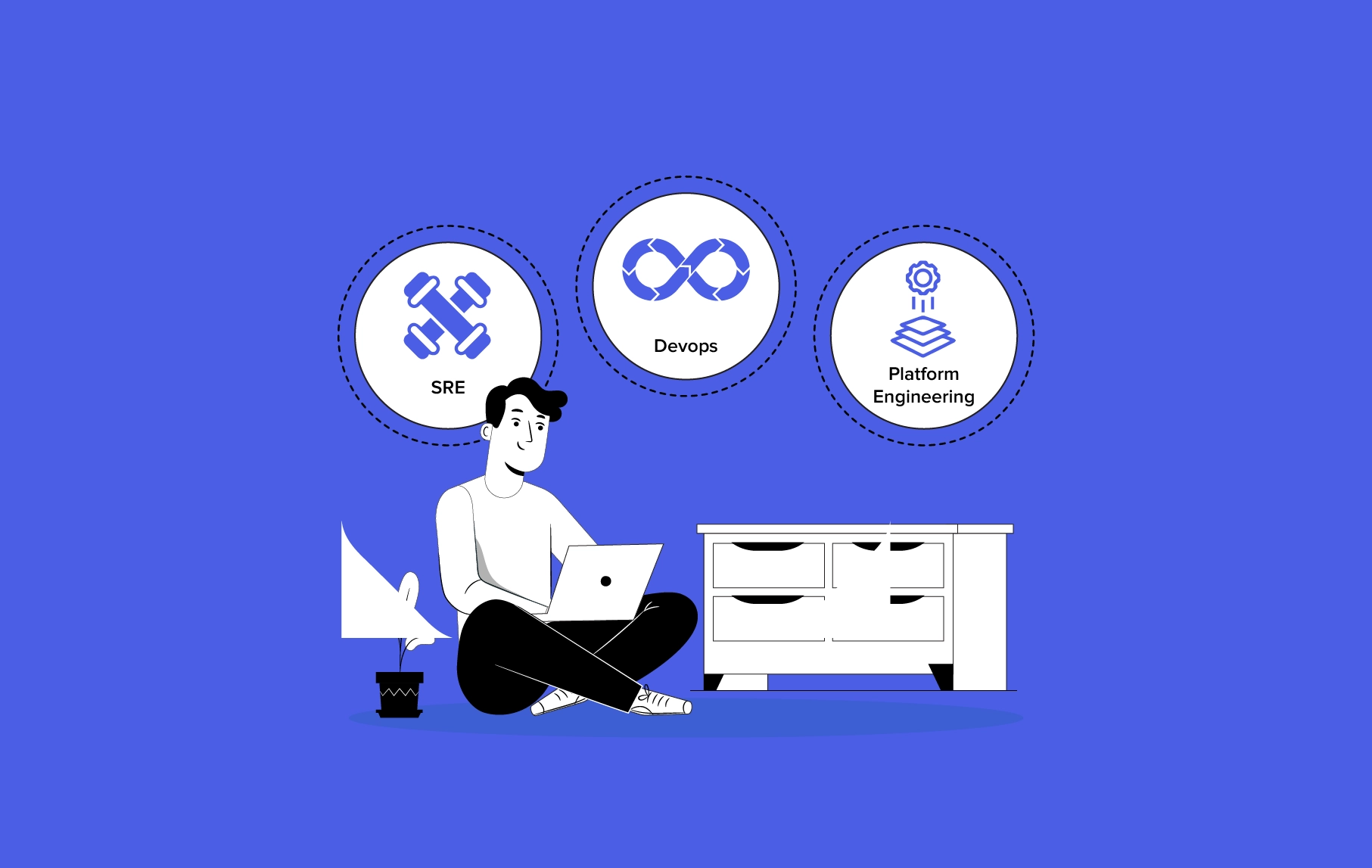
SRE vs DevOps vs Platform Engineering - A Comparative Analysis for Enterprises
In the fast-paced landscape of modern IT, enterprises face the important challenge of navigating and optimizing their operational frameworks. Three particularly prominent methodologies in this transformative journey are Site Reliability Engineering (SRE), DevOps, and Platform Engineering. Each approach has its own principles, advantages, and potential pitfalls, highlighting the diverse strategies available for businesses to enhance…
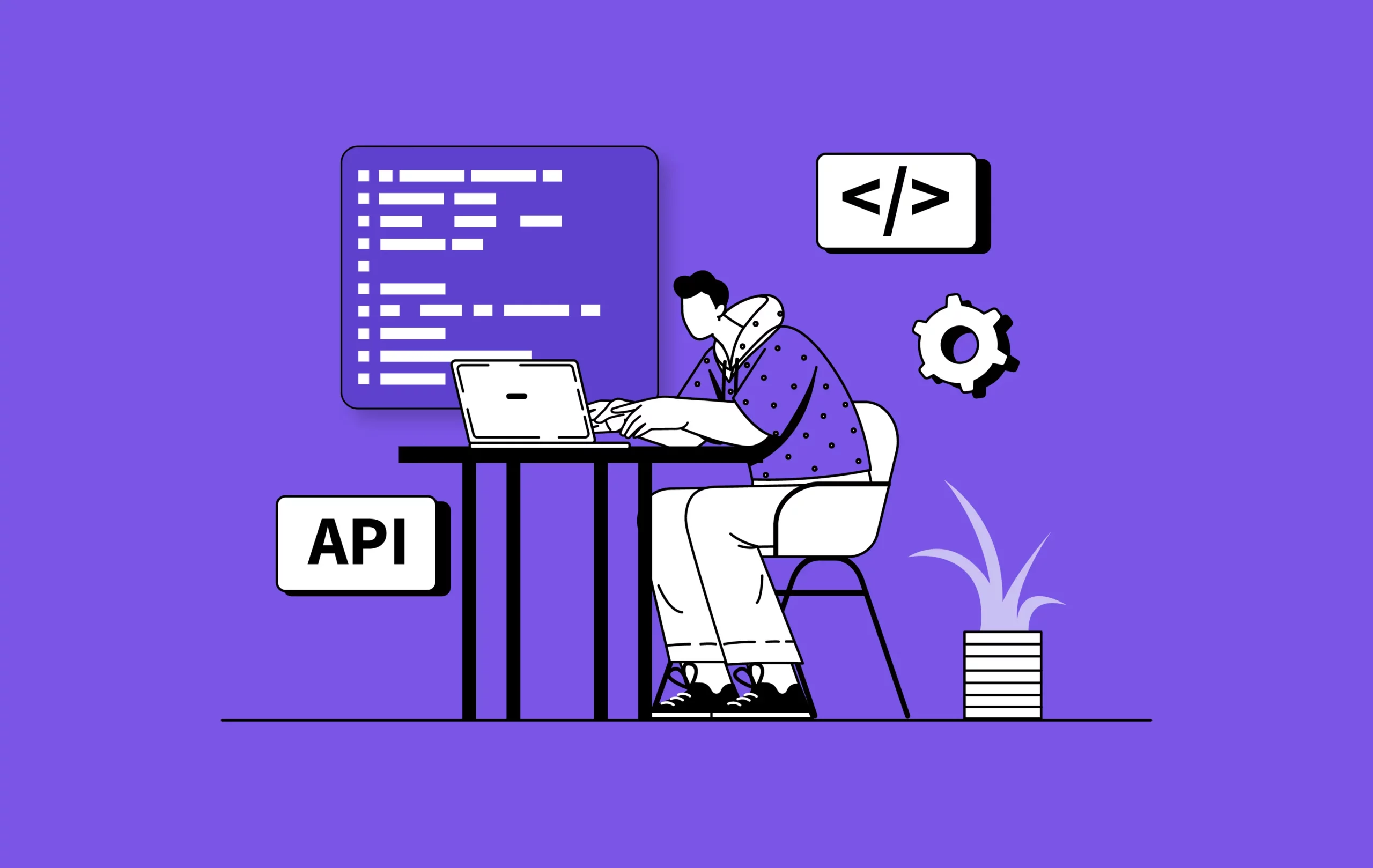
Measuring DevOps Success in the Enterprise with DORA Metrics
Digital transformation has turned nearly all businesses into software enterprises, empowering them to deliver cutting-edge solutions to meet evolving market needs. However, software development is a complex process involving multiple DevOps teams to work in different silos on a big project. These teams can be spread worldwide, making it challenging to track who is doing…
